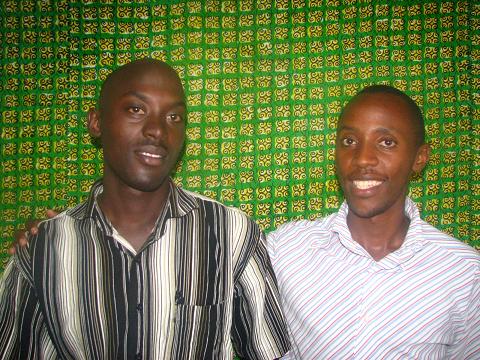Tambo Nelson and his older brother Mwumvaneza Vincent discuss the colonial origins of the ethnic divide between Hutu and Tutsi. Mwumvaneza Vincent explains how, prior to colonialism, Rwanda was divided by wealth and status, not ethnicity, but the presence of colonial settlers and their institutions codified these differences and lead to ethnically divided political parties. Mwumvaneza Vincent wants Tambo Nelson to understand how violence and "genocide ideology" became present in Rwanda as a result of ethnic discrimination in education, work opportunities, and political rights. However, Mwumvaneza Vincent does offer hope that these ideologies were not present in everyone and that in some cases individuals, like the one who saved his grandfather's family, did not internalize these ideas. Mwumvaneza Vincent also describes life in exile and the difficulties some faced in Zaire and Uganda, not only because of the distance from their homeland, but also because of the discrimination they faced.
"I once asked 'Why do we live here in Uganda, yet we are called Rwandese?' I was told that we had a country called Rwanda and that’s why we were called Rwandese. 'How did we end up in exile' I asked, and was told that white people came and taught us religion and after we accepted it, they taught us ethnicity. They basically taught us two gospels combined; the gospel of going to heaven and the gospel of ethnicity" Mwumvaneza Vincent
"What can we do at this point to unite Rwandese, especially now that you see some still speaking of genocide ideology?" Tambo Nelson
| Attachment | Size |
|---|---|
| SFH0088.pdf | 233.57 KB |




